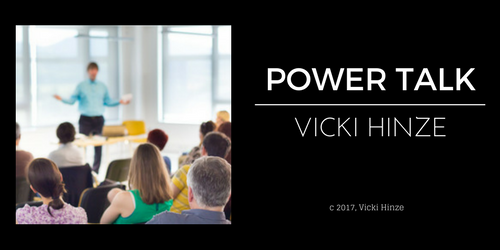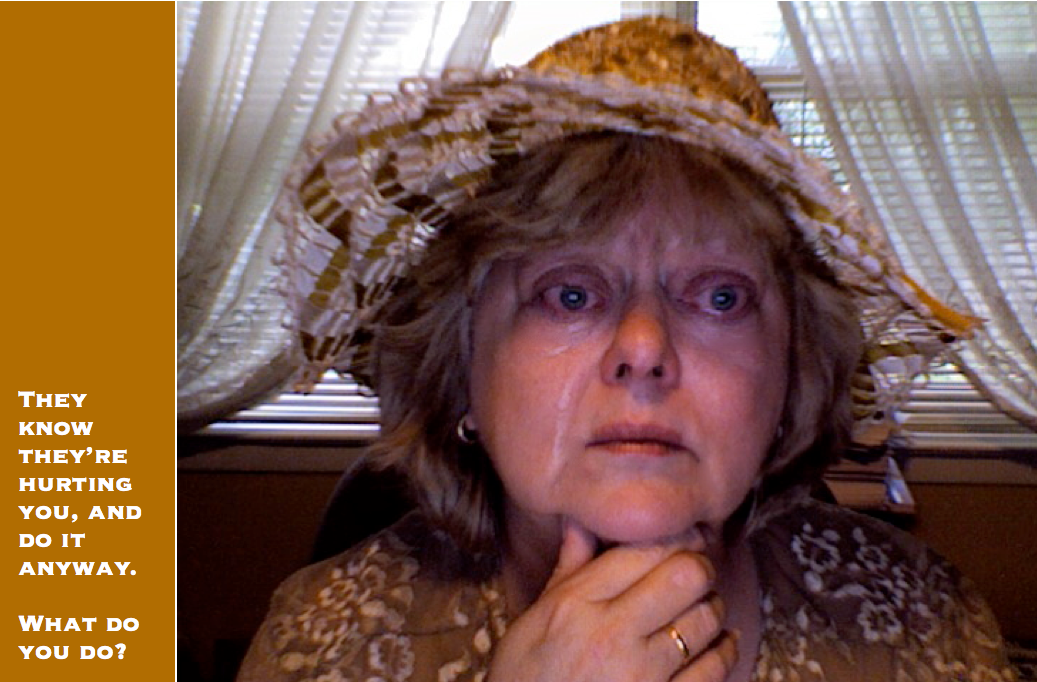We all know that storytelling is an art. Some are good at it. Some are better. And some are works-in-progress who need a little more training in specific areas of craft, like pacing.
There are perks to slowing the pace. Building suspense, fostering anticipation, and making people hang onto every word, eager to hear what happens next. Those are useful tools that can best serve a story.
But in today’s climate, we should also be aware that people are moving at a frantic pace, and while they might read to relax and be entertained, they don’t read to be bored by the slow moving pace of a novel.
I remember years ago, COLD MOUNTAIN (CM), was released. It’s no secret that I’m a fan of thrillers and suspense. I like action and lots of it in a book. I bought CM because so many raved about it being a wonderful story. I waded, then slogged through the first five or so chapters and gave up. I passed the book on to someone I thought would enjoy it. For me, it didn’t work. The description of every bit of flora and fauna had my eyes rolling back in my head. Well written, well researched, but the pacing was incredibly slow for my tastes.
As the book gained momentum and began winning some prestigious awards I respected, I thought, maybe it was my mood at the time I’d tried to read, and so I bought the book again. I kept waiting and waiting for something to happen, but again slogged through descriptions to the point I lost focus. I gave up trying to read CM for the second time.
And then the movie came out. I watched it… and loved the movie. The plot was twisted and intricate, the characters deep and realistic—it was terrific.
Imagine that, I thought. Just imagine that.
I’m accustomed to enjoying the book much more than the movie, so this was a welcome surprise.
Fast forward a number of years. To just recently, in fact. A dear friend and I were discussing a totally unrelated non-fiction project. This project requires a lot of research, and we mentioned two researchers we respect and admire. Both are meticulous and excellent at what they do, but in relaying their findings and conclusions to others, they’re so slow to get to the point that we both react with similar sentiments. Mine: “Spit it out already.” Hers, by far more diplomatic: “Power Talk it.”
Power Talk?
Have you ever been to a meeting or a lecture where the speaker talks very slowly and adds so much unrelated and extraneous stuff that the point is lost. You kind of fall into a glazed-eyed mental slumber and just doze with your eyes wide open?
That’s the anthesis of—and proves the benefit of—power talk. Get to the point while people are attentive and conscious: Boom! Mess around until they go eye-glazed comatose: Fizzle.
Clearly, there are times in a novel when you want to lull people into a false sense of complacency so that when you zing the character, the reader really feels it. But if you dally too long, the zing fades to a fizzle. The power has left the talk.
It’s hard to gauge when to speed things up and when to slow them down. Pacing gives a lot of writers and readers fits. We learn the craft aspects of it—when and how to slow and speed up pacing. But in the actual story… determining how much is enough, or too little or too much, is an instinctive reaction to what is being written or read.
Sometimes our instincts are on target. Sometimes we miss a little or a lot. And it isn’t only in books, reading or writing, that pacing can help or hinder us.
Years ago, I was the director of operations for a corporate chain. The boss had weekly meetings. They were scheduled to last fifteen minutes but always extended. Sometimes to thirty minutes and sometimes to an hour.
What needed saying could be said in ten minutes. The rest was just watercooler chat. Everyone hated those meetings but agreed that we needed the ten minutes’ worth. Subtly telling the boss we needed to keep it short did no good. He was an agreeable sort and enjoyed a good chat, which is lovely, but not productive when everyone sat on lengthy to-do lists. So we calculated how much money each meeting was costing the company—per week, per month, per year.
We got twenty minute, monthly meetings. Everyone was happier. What changed?
Our boss learned to Power Talk.
We can apply Power Talk to our lives in so many ways, including in our internal dialogue–the way we speak to ourselves–and even in our prayer lives. In doing so, we find we intensify our focus, become clearer and more precise–more effective in our communications. That benefits us and all in our circle.
And my mind expands on this concept. Infuse power into your beliefs, your convictions. Strengthen your clarity on your ideas, your projects. Engage in more effective, more productive communications.
Power Talk.







